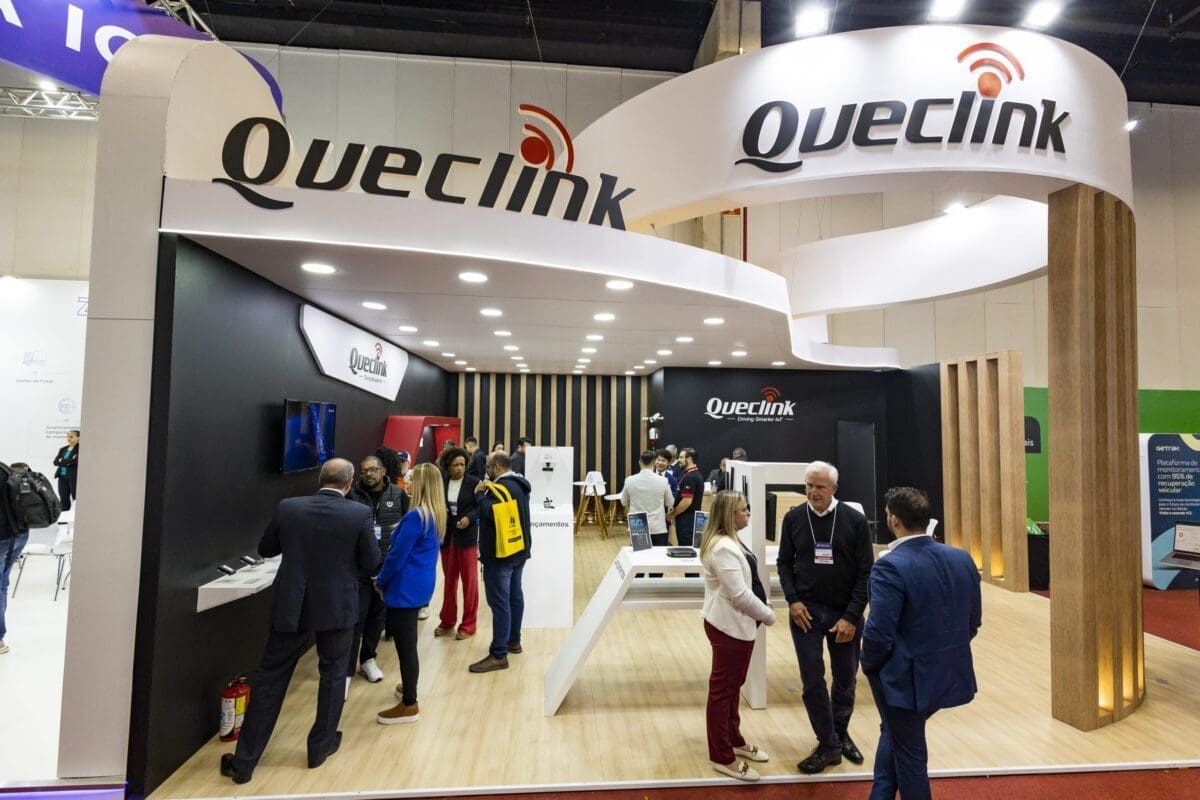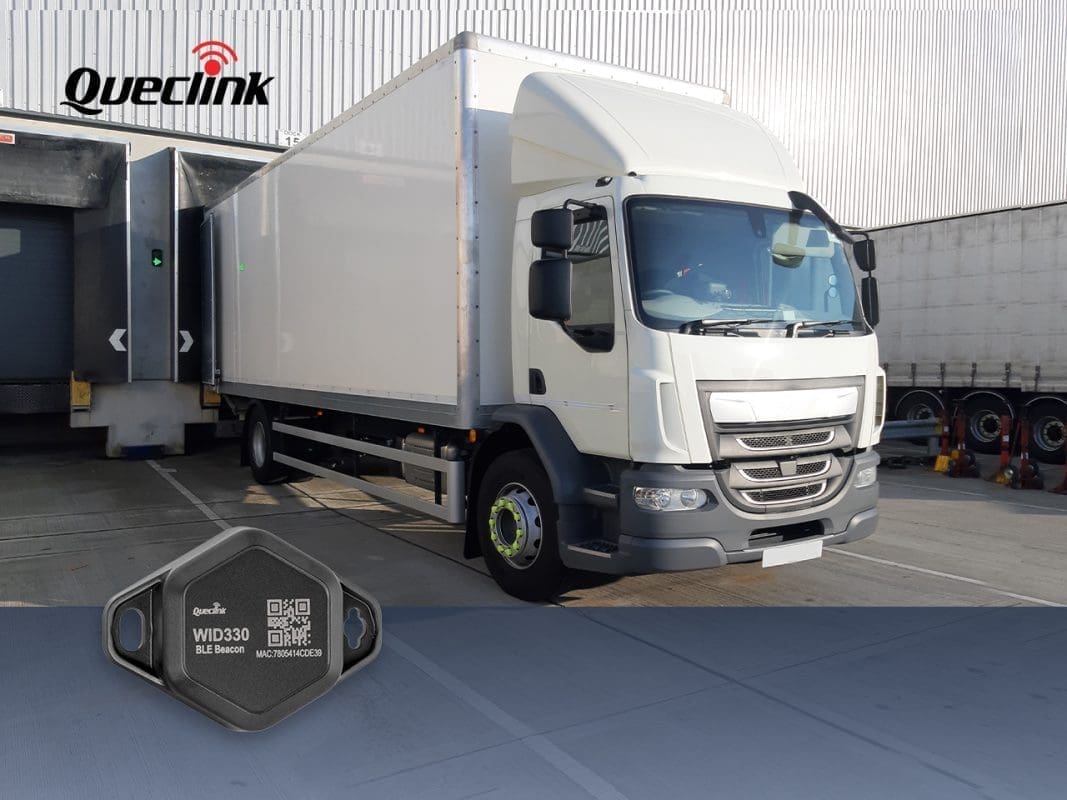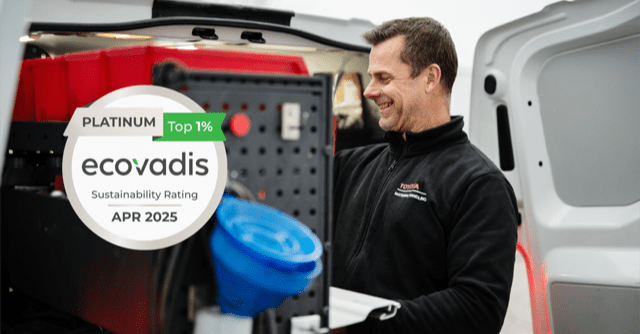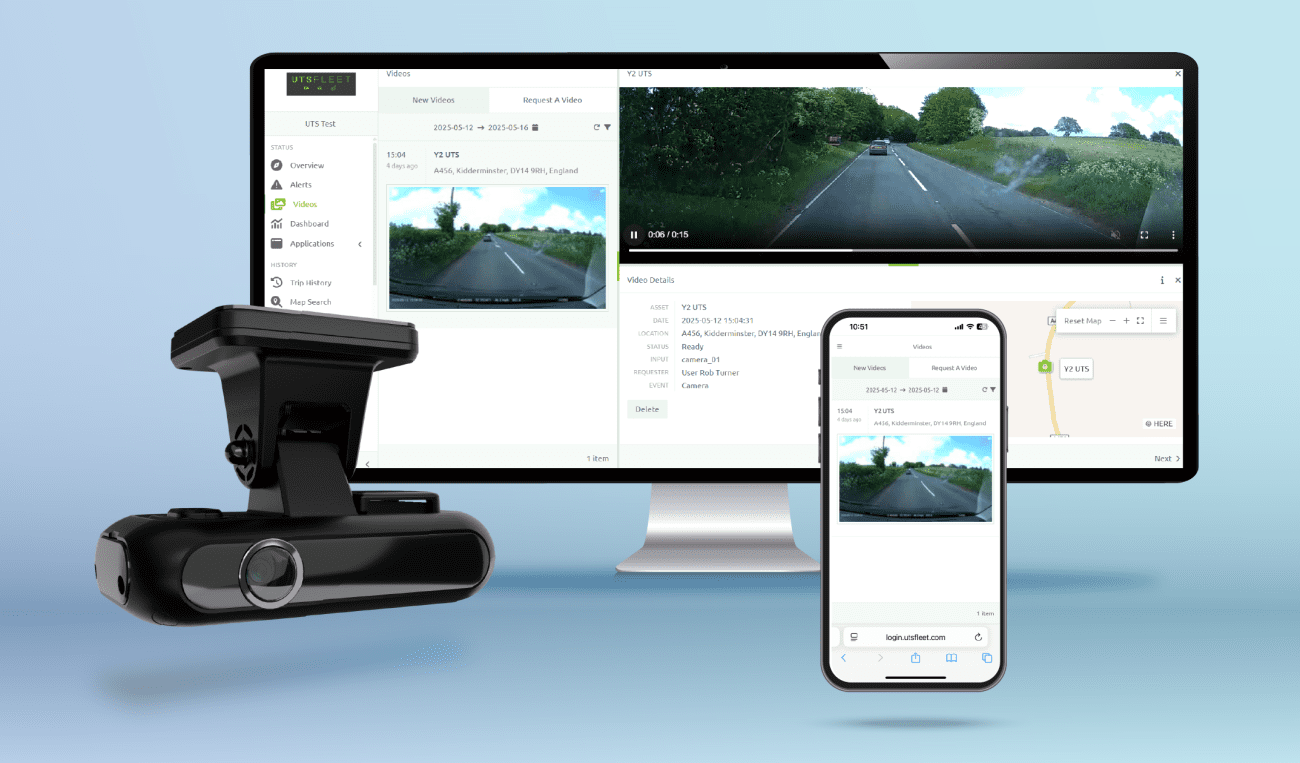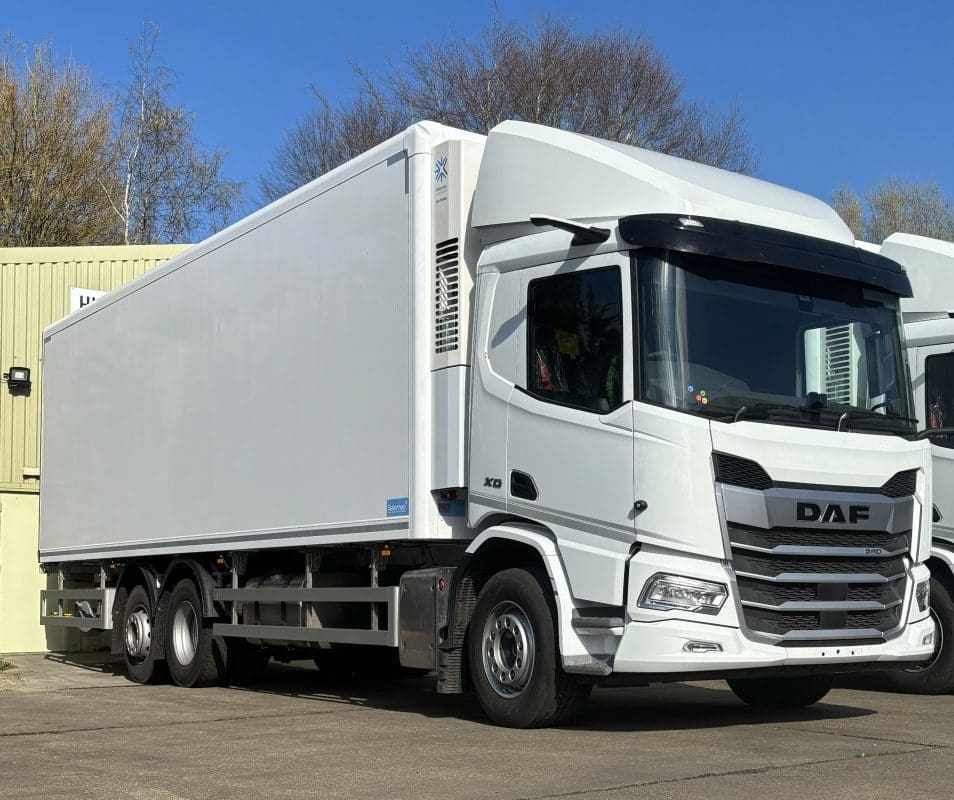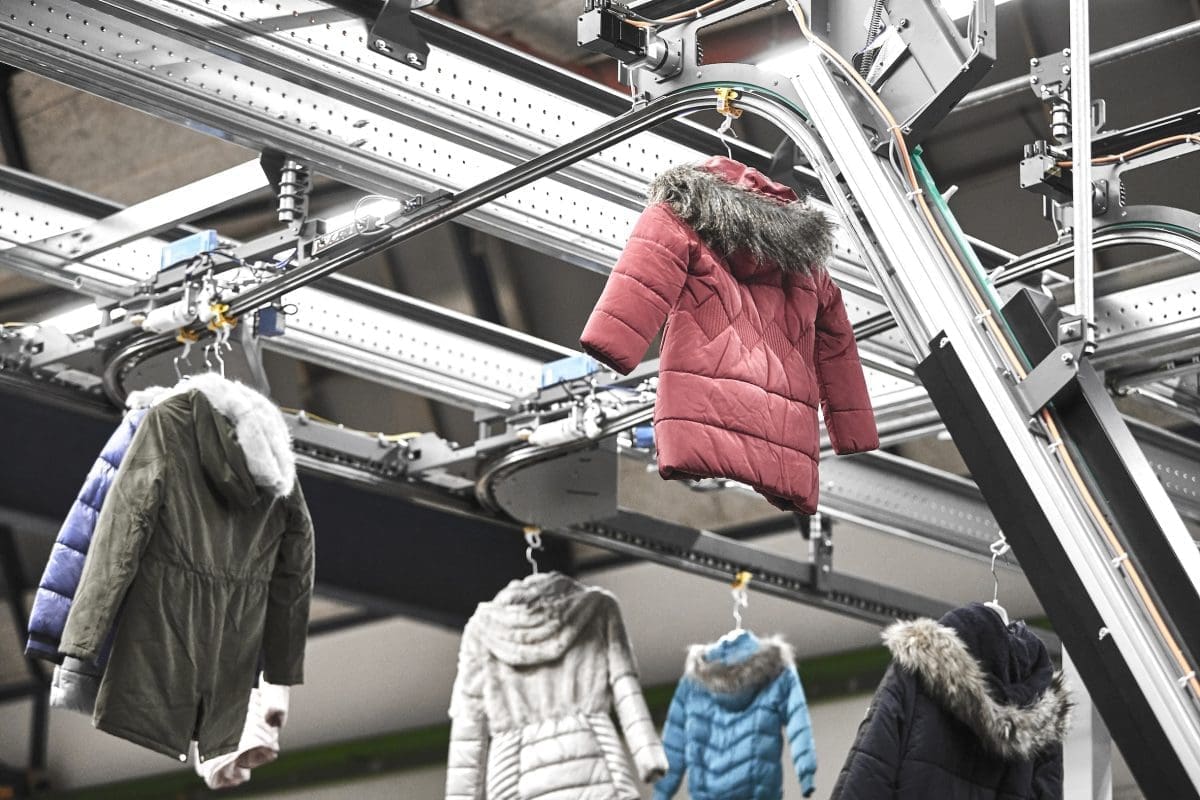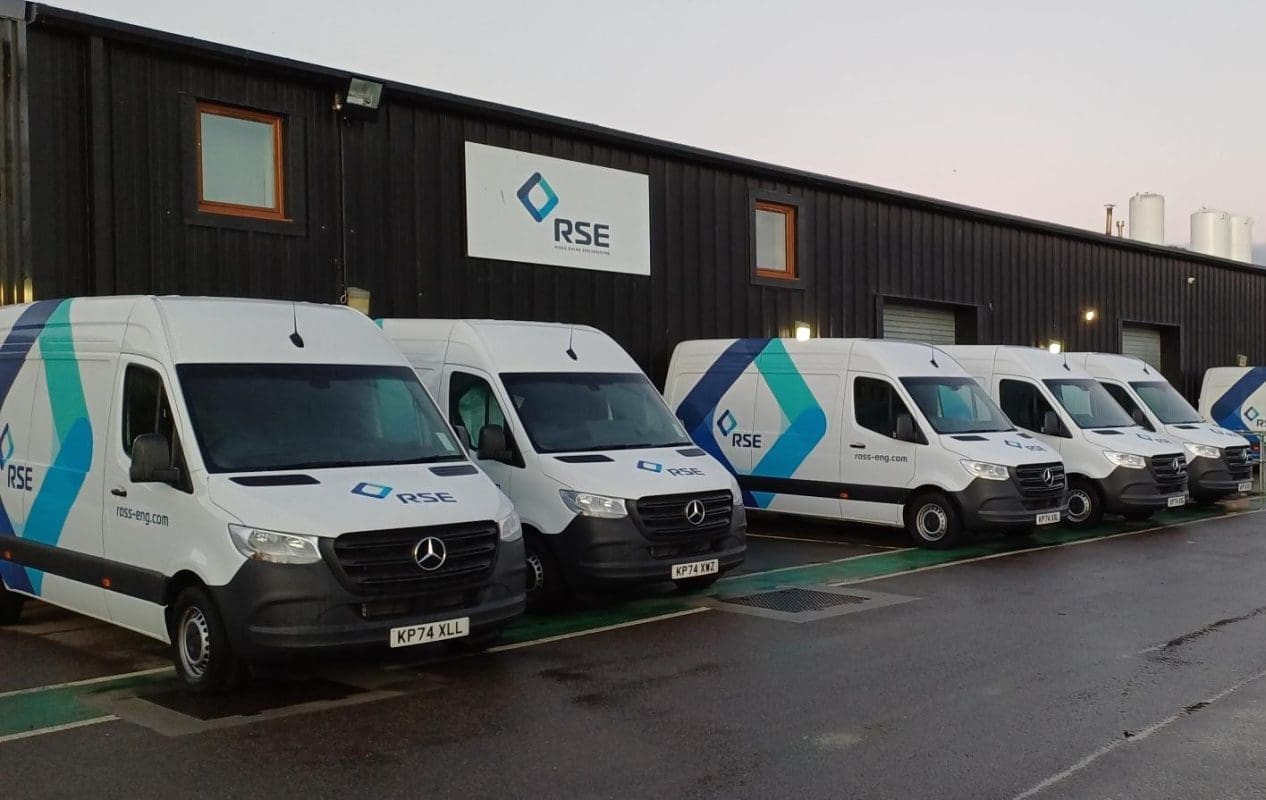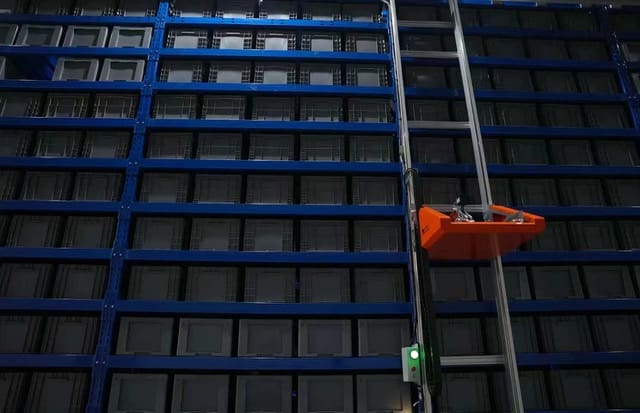- Shop All Documents + Bundles
- FORS V7.1 Document Bundle | Bronze (15 Policies)
- Transport Manager Compliance Pack (10 Policies)
- Transport Manager Compliance Pack (6 Policies)
- Health & Safety Policy Template
- Fuel, Emissions And Air Policy Template
- Operational Security Policy Template
- Serviceability And Roadworthiness Policy Template
- Road Traffic Collision Policy Template
- Counter Terrorism Policy Template
- Load Safety Policy Template
- Vehicle Routing And Scheduling Policy Template
- Driving Standards Policy Template
- Driving Hours Policy Template
- In Cab Technology Policy Template
- Passenger Safety Policy Template
- Complaints And Grievances Policy Template
- Drug And Alcohol Management Policy Template
- Hazard And Risk Identification Policy Template
- VOR (Vehicle Off Road) Policy Template
- Tyre + Wheel Policy Template
- Health & Eyesight Policy Template
- Transport Infringement Policy Template
- Walk Around Check (Defect Check) Tool Box Talk Template
- Transport Manager CV Template
- Social Media Policy Template
- Transport Manager Contract Template
- External Transport Manager Contract Template
- Driver Handbook
Robotics and warehouse automation key to improving sustainability and net zero, according to retailers
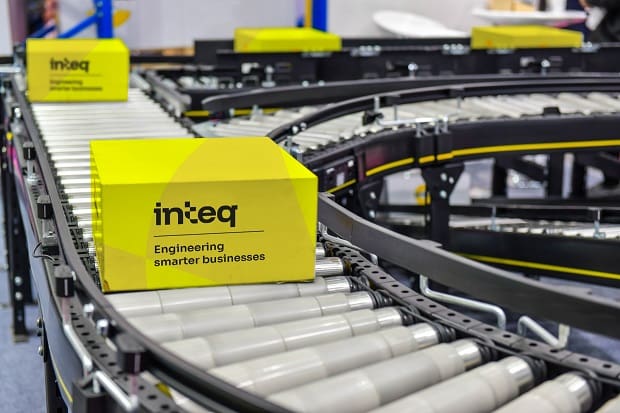
Robotics and warehouse automation key to improving sustainability and net zero, according to retailers
London, 8 September 2025: Innovative warehouse technologies such as robotics and automation have a key role to play in achieving sustainability goals in the retail industry, according to research from Inteq, a leading integrator of automation and robotics technology for supply chains.
Almost 9 in 10 (88%) directors and senior leaders across the UK retail and eCommerce sector surveyed by Inteq agree that implementing robotics and automation in warehousing can improve sustainability by enhancing energy efficiency, reducing waste, optimising space utilisation and lowering transportation emissions. This comprises just under 2 in 5 (39%) who somewhat agree with this, but just under half (49%) who strongly agree.
With many retailers targeting net zero by 2040, they are increasingly focused on reducing emissions across operations and supply chains. But with retail warehouse space still in short supply, making the most of every square foot of space is key.
Almost 9 in 10 (87%) respondents agree that having access to robotics and automation would improve their customer fulfilment operations. Meanwhile almost a quarter (24%) say that a lack of warehouse space is a challenge that their customer fulfilment operations face during market and demand fluctuations.
Scott Merrick, Managing Director at Inteq, said: “The fast-changing world of warehouse automation and robotics offers exciting and innovative new ways to reduce the footprint of warehousing. These don’t just improve efficiency, they can also offer cost reductions, productivity gains and additional labour savings.”
He continued: “But truly nailing efficiency can only be done with the proper collaboration of differing technologies, processes and systems. This is why everything needs to start with integration. Taking a piecemeal or ad hoc approach to warehouse automation integration won’t cut it.”
Retail respondents also shared what they believe will be the top emerging trends in robotics and fixed automation that will drive the most significant impact on logistics over the next five years. AI & Machine Learning (62%) tops this list, followed by advanced sensors (40%), blockchain for supply chain (36%), collaborative robots (35%) and drone deliveries (27%).
Almost three quarters (73%) of respondents whose business is omnichannel said AI & Machine Learning will have the most significant impact on logistics in the next five years, compared to just over three in five (61%) of those whose business operates just in retail stores. Almost three in five (57%) of those whose business is purely e-commerce said the same.
Meanwhile, a quarter (25%) of respondents said the emerging trend in robotics and fixed automation they believe will have the most significant impact on logistics in the next five years is magnetic propulsion.
Inteq’s retail sector report, Fit for Growth, delves into this research in more detail and explores the way businesses can achieve a profitable future through robotics and automation. Read the report here.
The team from Inteq will be hosting a stand at IMHX, the UK’s largest logistics show, at the NEC in Birmingham from 9-11 September 2025.


